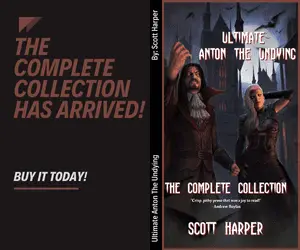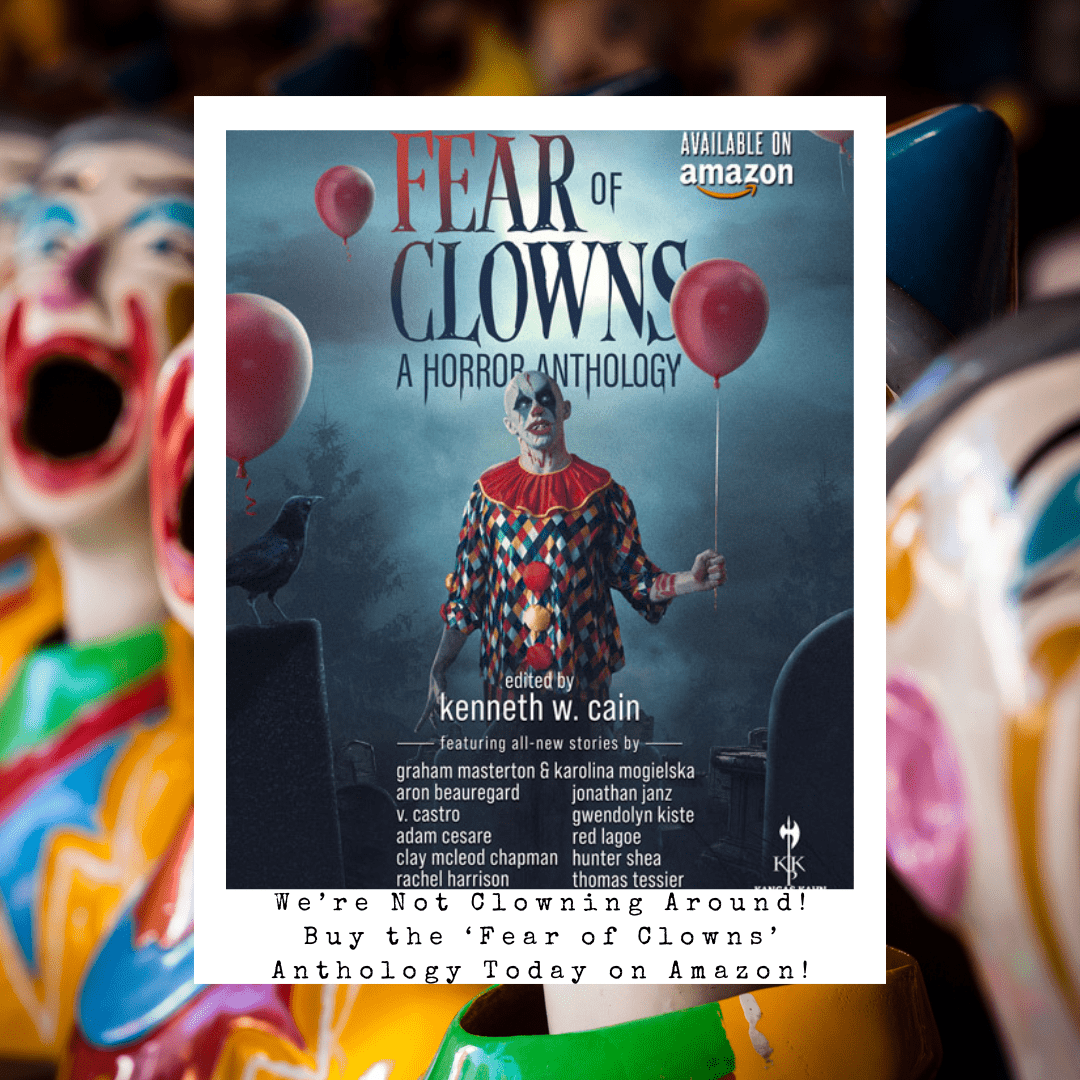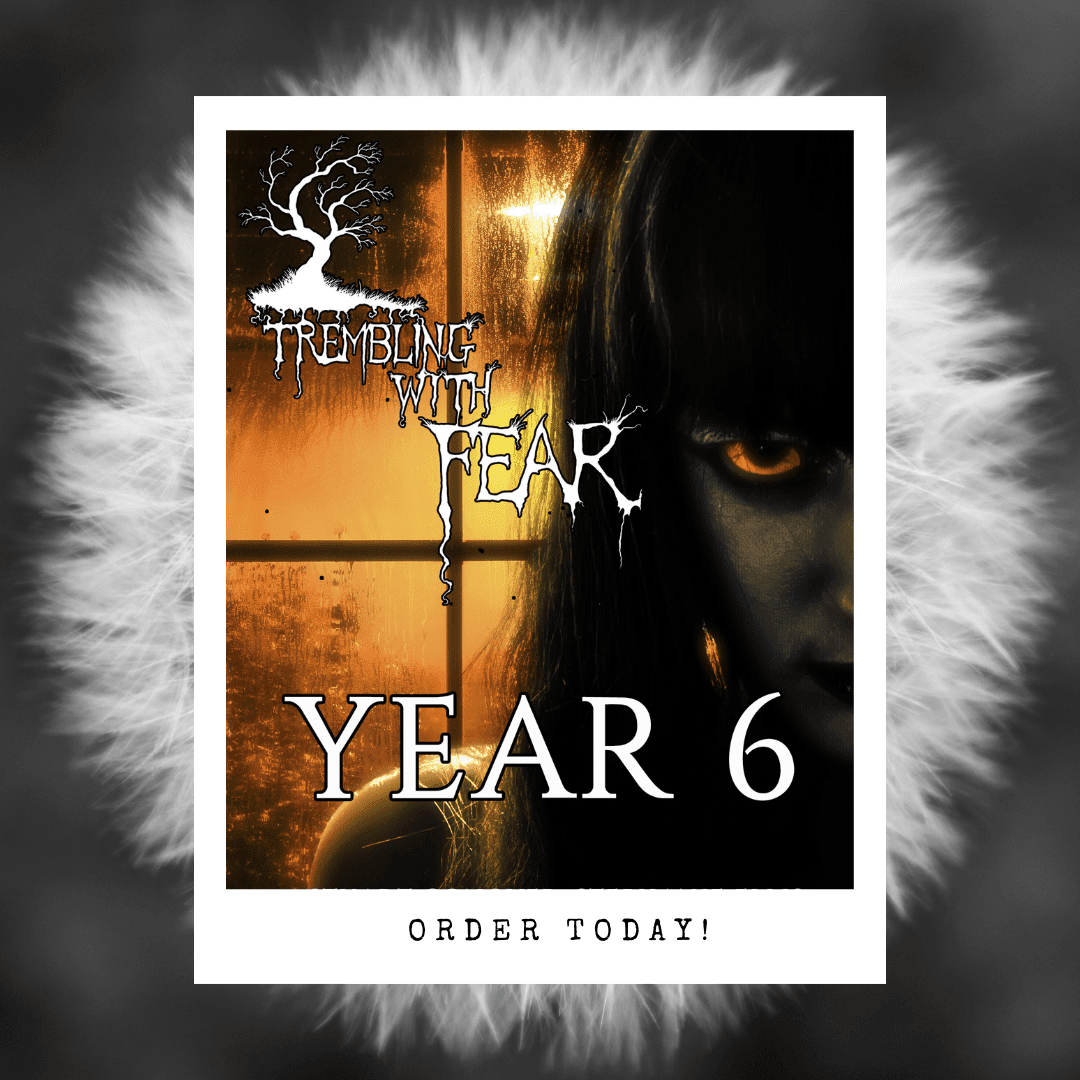 Australian author, Chris Mason, lives in Adelaide, often dubbed “the murder capital of Australia.” Her stories have won a number of awards over the years —
Australian author, Chris Mason, lives in Adelaide, often dubbed “the murder capital of Australia.” Her stories have won a number of awards over the years —
“The Stairwell” (Below the Stairs – Tales from the Cellar) won the best horror novella for 2017 in the Aurealis awards, and “The Black Sea” (Beneath the Waves – Tales from the Deep) was shortlisted for the Aurealis best horror novella for 2018.
Most recently “The Black Sea” has been nominated for three prestigious literary awards. Here she talks to Wellington author, Tabatha Wood, about her journey into writing horror, what inspires her to write and what she believes we can learn from the horror genre today.
TW. Your story, “The Black Sea” has been nominated for the Shirley Jackson Award, the Australian Shadows Award, and the Aurealis Award. That is an outstanding achievement. Congratulations! Tell me more about the story and how it came to be.
 CM. Thank you. I wrote “The Black Sea” specifically for a submission callout for the “Things in the Well” anthology, “Beneath the Waves – Tales from the Deep.” I was actually going to submit something else but that ended up being a much bigger story so I put it aside. All I had left was a title – “The Black Sea”- and the idea of a family being trapped on an island by a catastrophic event.
CM. Thank you. I wrote “The Black Sea” specifically for a submission callout for the “Things in the Well” anthology, “Beneath the Waves – Tales from the Deep.” I was actually going to submit something else but that ended up being a much bigger story so I put it aside. All I had left was a title – “The Black Sea”- and the idea of a family being trapped on an island by a catastrophic event.
I’m a pantser not a planner, and must admit I was surprised where the characters led me. I didn’t see most of what was coming until it was down on the page. Towards the end I had to stop and ask myself what I was actually writing about. In my mind there were a lot of layers to the story. When I figured out guilt featured heavily in the equation, it all fell into place. I did groan a couple of times as I was writing it. But then I looked on the bright side. If I felt uncomfortable, maybe I was doing my job as a horror writer.
TW. Have you always considered yourself a writer, and what prompted you to start writing scary stories?
CM. No, not at all. I’ve always thought of myself as a storyteller, though. I’m a bit of a daydreamer, and I can spin a yarn reasonably well, but I never had much confidence in my writing skills so turning what was in my head into words on a page, came quite late for me. I was well into my 40s before I wrote anything down. It took me another decade to start sending my stories out. I think I’m living proof that it’s never too late to start! The day after the Shirley Jackson finalists were announced I had to fill in a form that asked for my occupation. I lingered on the blank space for far too long, eventually smiled, and put down writer. It felt good!
I’ve always liked scary stuff, the more creepy and weird the better. It feels natural to write those kinds of stories.
TW. Who would you consider your influences — from any genre — and what was the first horror story you can remember reading?
CM. Stephen King has been a huge influence. I started off with “Carrie” when I was sixteen and never stopped. I also love the work of Peter Straub, Joe Hill, Clive Barker, Ray Bradbury, and Shirley Jackson. “The Haunting of Hill House” is a story I often return to. John Fowles “The Magus” I’ve also read over and over. More recently, I’ve been reading Joe Lansdale. I’ve just binged five Hap and Leonard books. There is so much to learn from Joe. “The Thicket” is a huge favourite. The list could go on and on. I’m probably influenced by everything I read.
First horror story? Hmm… I read lots of ghost stories when I was a kid and loved Daphne du Maurier books, but the first book I remember really frightening the hell out of me was “The Sentinel” by Jeffrey Konvitz.
TW. What sort of things interest and inspire you outside of writing?
CM. I love to travel and explore new places. There is so much to see – the different cultures, the people, the history, the food, and the architecture. The world is full of fascinating stories.
I also like to spend time outdoors, either in the garden or taking long walks. One of my favourite walks is around the bays in Wellington, your hometown, Tabby. New Zealand has stunning scenery. I can’t wait to get back there again.
TW. We will have to meet up for a coffee when you do! Tell, me what scares you?
CM. Humans! We can be nasty little creatures at times. We seem to be hell bent on wrecking the planet at the moment, and that terrifies me.
TW. I totally agree. Monsters under the bed are nothing compared to what human beings can do. Are there any topics which you wouldn’t feel comfortable writing about?
CM. I try not to censor myself too much. Horror is meant to be disturbing. Having said that, I’m not into excessive violence, descriptive scenes of rape and torture, or gratuitous sex. I don’t like reading it and I wouldn’t write it. I’m also very careful with my younger characters, and what I put them through. I generally defer to ambiguity and let the reader fill in the blanks when it comes to horrific scenes.
Blood and gore doesn’t bother me if it’s done with a bit of humour. I’m a big fan of “Z Nation” and I thought Chuck Palahniuk’s “Guts” was absolutely hilarious. I think Jack Ketchum’s “The Girl Next Door” is a great example of how to cover a really difficult topic. He gives enough detail for the story to be disturbing without it ever being graphic. By the time you get to the end you know what’s going to happen without it being described. It’s a powerful and unsettling book. Stephen Graham Jones’ “Chicken” is another story that comes to mind. You need serious skills to pull off stories about sensitive topics. I admire anyone who can do it well.
TW. I agree with you again. I have to admit I’m also a bit of a wuss when it comes to blood and gore. I prefer my horror more psychological, but that’s just my personal taste. Is there anything that you want to read or watch, but are too scared to?
CM. I’ll read pretty much anything. It’s the visual medium that I sometimes need a viewing buddy to get me through. I want to watch “The Exorcist” again but have been putting it off as the movie terrified me when it first came out. Maybe it will be a different experience with the passage of time. I watched “The Autopsy of Jane Doe” alone, late one night. That was a mistake. Boy, did that have some jump scares! The second season of “American Horror Story” I skipped after the first couple of episodes. I loved all the other seasons, but that one really got to me for some reason.
TW. I really enjoyed AHS, but I have to admit that Season 4 got under my skin a bit. The conjoined twins and the clown creeped me out too much! Do you think there are any books or topics you wouldn’t want your own children/nieces & nephews (if you have any) reading or watching?
CM. I think it all depends on the age and maturity of the child, and their life experiences. Something I might recommend for one child would be completely wrong for another. Having said that, there is nothing wrong with books that challenge the reader to think. Obviously, I would steer away from anything of a violent or sexual nature, but in terms of horror, a ghost or two and some creepiness never hurt anyone. But then I’m of a generation that was brought up on Grimms’ fairy tales. Have you checked out “Little Red Riding Hood” or “Hansel and Gretel” lately?
TW. Gosh, yes. Most fairy tales are dark and bleak when you look at them more closely. Kids being cooked. Parents being murdered. Disney might have sanitised a lot of the stories in their movies, but the original books are quite disturbing.
My family has always been somewhat bemused by my love for the macabre. What kind of responses and support do you get from friends and family to your work?
CW. Apart from a couple of dear friends, most people close to me haven’t read any of my work — and that’s fine! I don’t push my weirdness on them. My husband is my first reader and he’s always been supportive of my writing. It’s always good to see him having a quiet chuckle over what I’ve written.
TW. My husband does that too. He’s always my first reader and I trust him to be honest with me. My eldest son is an excellent proof-reader. He can spot a typo from ten pages away. Heh! Are there any stories you’ve written that you’ve purposely hidden from those close to you and why?
CM. No. There are a few ideas I’ve shelved though. I probably need to be braver on that score.
TW. I understand that. It can be really hard knowing what to put out there to represent your best work too. Do you ever use events or experiences (or people) from your own life in your stories?
CM. Events and experiences, yes. Individual people, not directly, mainly because their story is not mine to tell. Some of my characters are different versions of me, or who I’d like to be. Others are hybrids, bits and pieces of a whole lot of people. My stories, although completely fictional, are littered with emotional truths.
TW. I like that — it’s a bit of the old “write what you know” but also “write what you like”. Good writing, even if it focuses on fantasy and the impossible should still feel “real”.
You live in Adelaide, a place which is often dubbed “the murder capital of Australia”. Do you feel like that has influenced your writing in any way — perhaps you’ve felt pulled towards the weird and grisly or found inspiration in true-life events?
CM. Yes, we do punch above our weight, unfortunately. I was about eight when the Beaumont children went missing. The mystery surrounding the case still haunts me as it does for most, older South Australians. It marked the end of leaving our doors unlocked and letting children roam the streets from sunup to sundown. As yet, the case hasn’t directly influenced my writing, but there are elements of my work that hark back to simpler times and the loss of innocence.
I’m currently procrastinating over a novel I’ve written set around the same time and involving a group of children. There is so much of my childhood in there I’m finding it difficult deciding what actually is serving the story and what has to go. The Somerton man is another fascinating piece of our history and I’d love to work elements of that case into a storyline at some point. The case involving the Snowtown bodies in the barrels is intriguing, but I tend to gravitate towards the cases that are shrouded in mystery rather than ones full of gory details.
TW. It just shows, yet again, how monstrous human beings can be. Much more terrifying than ghouls and vampires. Where do you think modern horror as a genre fits into society today? What do you think — if anything — it can teach us?
CM. I think we are living in an era where reality is increasingly becoming stranger than fiction. I keep looking at news headlines and saying, “you just can’t make this stuff up.” Horror is a safe way to escape. At the end of the day, no matter how hard our heart is pumping, we can tell ourselves monsters aren’t real. Well, the fictional ones anyway! Does horror teach us anything? Yes I think it does in the same way a lot of old legends are basically cautionary tales.
Horror can be a reflection on society, pointing to how we behave under stress or when faced with dire circumstances. I love zombie stories. They are basically survival manuals. “The Walking Dead” is full of tips on what not to do when rebuilding a community. To this day I still think of Stephen King’s “The Mist” whenever I go into a supermarket. I look at people and mentally choose the ones I’d want on my team in a crisis. Is that weird?
TW. Not at all! Although as an slightly paranoid introvert, I’d probably end up as a lone wolf in that kind of situation, distrusting everyone like the father in “The Road” (Cormac McCarthy).
Genres such as sci-fi and horror have always been very typically dominated by men. What sort of issues do you think modern female horror writers face which men don’t? Do you believe there are any, or is it a more level playing field now?
CM. That’s a hard question to answer, especially as I’m so new to the game. I don’t doubt female writers are experiencing the same problems women have in any other field. When I look back at my favourite horror writers of the past they were predominantly all white men. Do I hold that against them? No, they were/are exceptional writers, but I do wish there had been a lot more Shirley Jacksons in the mix. Perhaps it would have encouraged me to start writing earlier, who knows?
In my opinion, the internet and social media has certainly changed the landscape. I’m reading more work from female writers — and indeed writers from a whole range of backgrounds — than ever before, simply because I have better access. I can go from seeing a new name in a Twitter feed to ordering their books on Amazon or wherever in minutes. In the past I was limited to what was stocked in the bookshop or local library.
TW. That’s definitely one reason why I love ebooks. I have such a more diverse reading list than I ever had and I’m finding some amazing new voices — yours included.
You said a lot of your earlier influences were make. Do you feel like your idea of horror as a woman is any different to that of a male writer?
CM. I’d like to think gender isn’t an issue and its got more to do with individual preferences and our own life experiences informing our choices.
TW. That’s a good answer, and very true. I’ve always felt that diversity and representation are always important in any genre. How do you approach these issues in your writing?
CM. I’m certainly mindful of including a diverse range of characters in my work, but it is something I grapple with, and need to get better at. It’s difficult to get right, I don’t want my characters to appear tokenistic. I also don’t want them to be stereotypical or misrepresented either. It’s always good when I watch a show or read a book where diversity is the norm.
TW. That also goes back to what you said earlier about being mindful that some stories are simply not ours to tell. We always need to make sure that there is space for other writers who are better equipped to tell those tales.
Are there any reviews of your work, positive or negative which have stayed with you?
CM. I haven’t read any reviews of my work. Perhaps that’s a good thing.
TW. What piece of advice would you give to any new and upcoming writer right now? What advice do you wish you’d been given?
CM. My advice is to READ, READ, READ. And then read some more!
The advice I wish I’d been given is easy. Just. Start. Writing. And study the craft. Knowing where to put commas comes in handy.
TW. That’s great advice. And I have to admit, sometimes I still have no idea where to put the commas in!
Who else do you think is “big” in Australasian horror right now, and what books are in your To Be Read pile?
CM. Kaaron Warren is an inspiration. Did you see the Locus Awards finalists? She is up there with the best of the best. Her work has the ability to sit with you long after you put it down. I still think about “The Grief Hole.” Lee Murray is no slouch when it comes to picking up awards either. I really enjoyed “Into the Mist.” Her work has a unique Kiwi flavour. Deborah Sheldon is another female writer who puts out great work. Her short story “The Sand” in “Beside the Seaside – Tales from the Daytripper” is an absolute ripper – I don’t think I’ll ever walk on a beach again without it in mind.
Matthew R. Davis, a fellow Adelaidian who also has stories published in the “Things in the Well” anthologies, was shortlisted for a 2018 Aurealis Award. His work is deliciously dark and layered.
At the moment I’m reading John Ajvide Lindqvists “Handling the Undead.”
My current TBR pile is a treasure trove from the charity bookshop: Joyce Carol Oates “Jack of Spades”, Richard Laymon “The Lake”, “The Hungry Moon” by Ramsey Campbell, Clive Barker “Mister B. Gone,” John Scalzi “Agent to the Stars,” and an old Ellen Datlow anthology, “The Dark.” I’m also looking forward to reading the new Paul Tremblay collection “Growing Things,” and of course Stephen King’s “The Institute” when it’s released later in the year. Oh, and on Kindle I’m reading “Coyote Songs” by Gabino Iglesias, which is hard to put down.
TW. That’s a great list of good books. There are some of my favourites listed there too.
So, to finish: If you were trapped in a lift with a character from one of your stories, who would you choose, and why?
CM. My protagonists are all in the company of monsters. I don’t want to be trapped with any of them!
* * *
 Chris Mason lives in the Adelaide Hills, South Australia, with her husband, a cat, and five goldfish. Her stories have appeared in numerous publications, including the Things in the Well series of anthologies, and the Australasian Horror Writers Association’s magazine Midnight Echo #12. Chris’s ‘The Stairwell’ from the anthology Below the Stairs-Tales from the Cellar won the 2017 Aurealis Award for Best Horror Novella.
Chris Mason lives in the Adelaide Hills, South Australia, with her husband, a cat, and five goldfish. Her stories have appeared in numerous publications, including the Things in the Well series of anthologies, and the Australasian Horror Writers Association’s magazine Midnight Echo #12. Chris’s ‘The Stairwell’ from the anthology Below the Stairs-Tales from the Cellar won the 2017 Aurealis Award for Best Horror Novella.
Her story ‘The Black Sea’ from Beneath the Waves- Tales from the Deep has been shortlisted for the 2018 Shirley Jackson Awards, the Aurealis Awards, and the AHWA Australian Shadows Awards.
You can visit Chris at facebook.com/chrismasonhorrorwriter or on twitter @Chris_A_Mason.
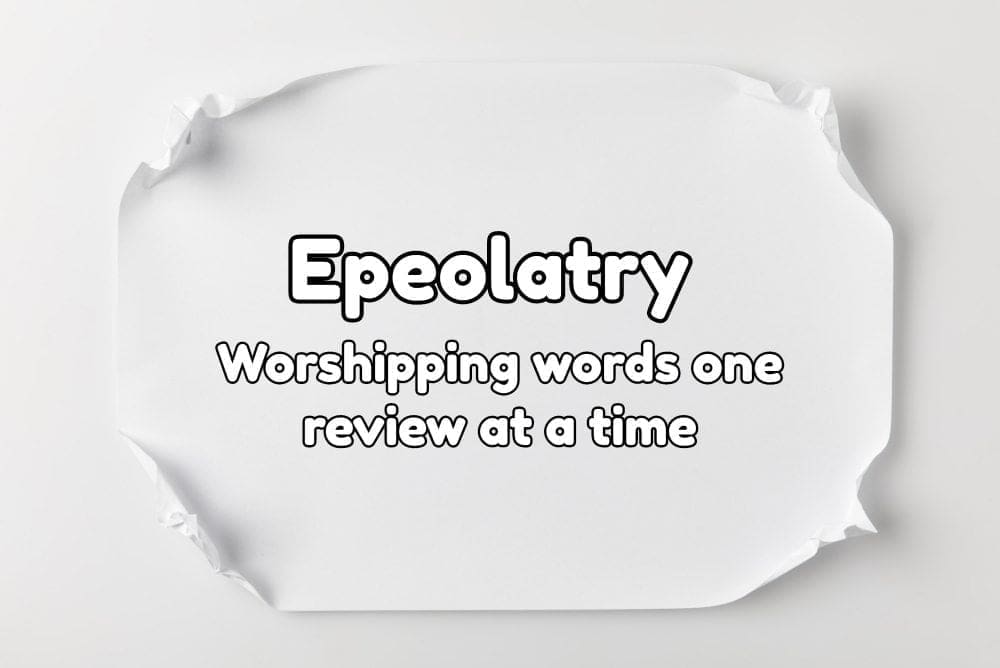
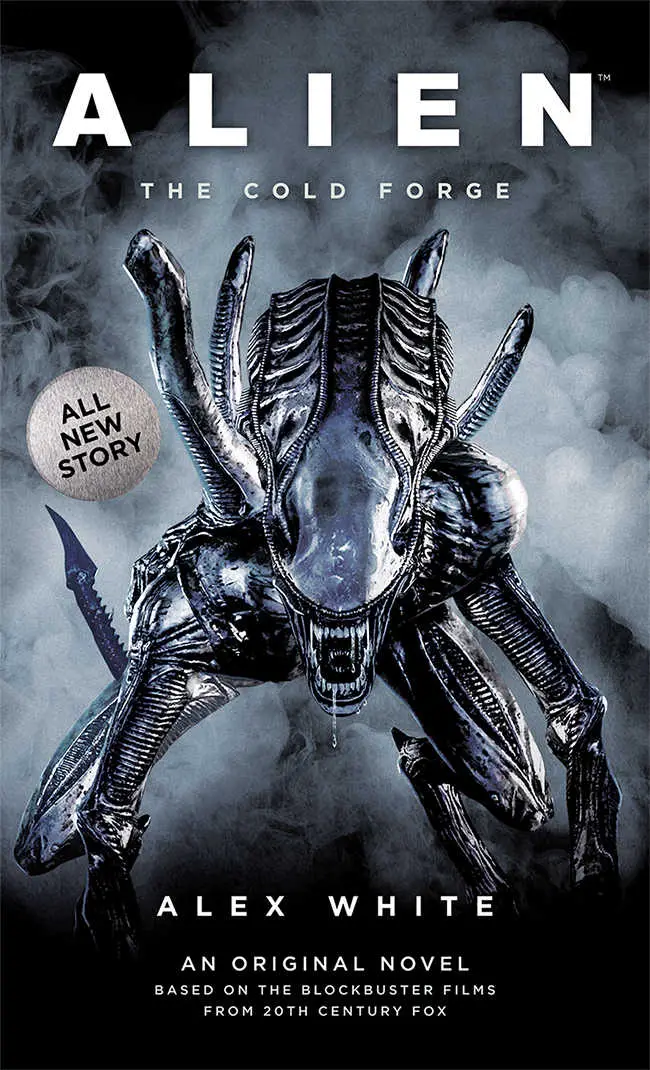

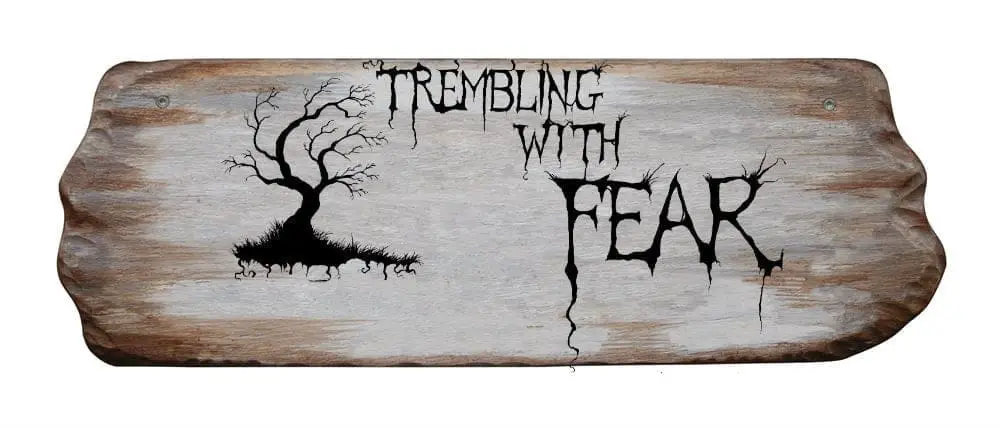


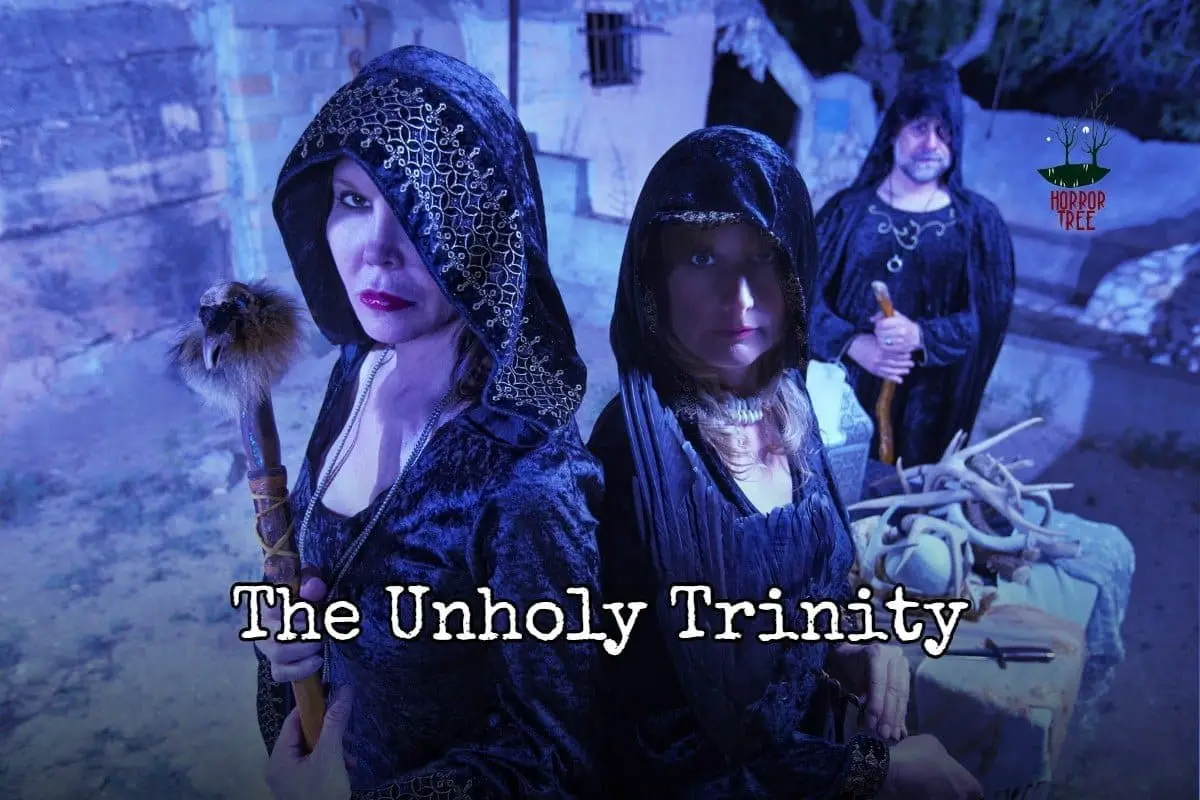

 Australian author, Chris Mason, lives in Adelaide, often dubbed “the murder capital of Australia.” Her stories have won a number of awards over the years —
Australian author, Chris Mason, lives in Adelaide, often dubbed “the murder capital of Australia.” Her stories have won a number of awards over the years —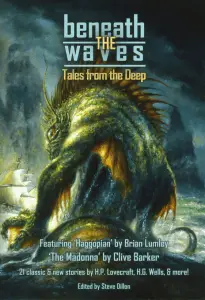 CM. Thank you. I wrote “The Black Sea” specifically for a submission callout for the “Things in the Well” anthology, “Beneath the Waves – Tales from the Deep.” I was actually going to submit something else but that ended up being a much bigger story so I put it aside. All I had left was a title – “The Black Sea”- and the idea of a family being trapped on an island by a catastrophic event.
CM. Thank you. I wrote “The Black Sea” specifically for a submission callout for the “Things in the Well” anthology, “Beneath the Waves – Tales from the Deep.” I was actually going to submit something else but that ended up being a much bigger story so I put it aside. All I had left was a title – “The Black Sea”- and the idea of a family being trapped on an island by a catastrophic event. 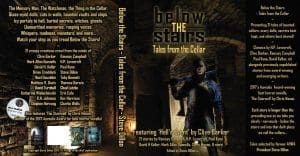 Chris Mason lives in the Adelaide Hills, South Australia, with her husband, a cat, and five goldfish. Her stories have appeared in numerous publications, including the Things in the Well series of anthologies, and the Australasian Horror Writers Association’s magazine Midnight Echo #12. Chris’s ‘The Stairwell’ from the anthology Below the Stairs-Tales from the Cellar won the 2017 Aurealis Award for Best Horror Novella.
Chris Mason lives in the Adelaide Hills, South Australia, with her husband, a cat, and five goldfish. Her stories have appeared in numerous publications, including the Things in the Well series of anthologies, and the Australasian Horror Writers Association’s magazine Midnight Echo #12. Chris’s ‘The Stairwell’ from the anthology Below the Stairs-Tales from the Cellar won the 2017 Aurealis Award for Best Horror Novella.